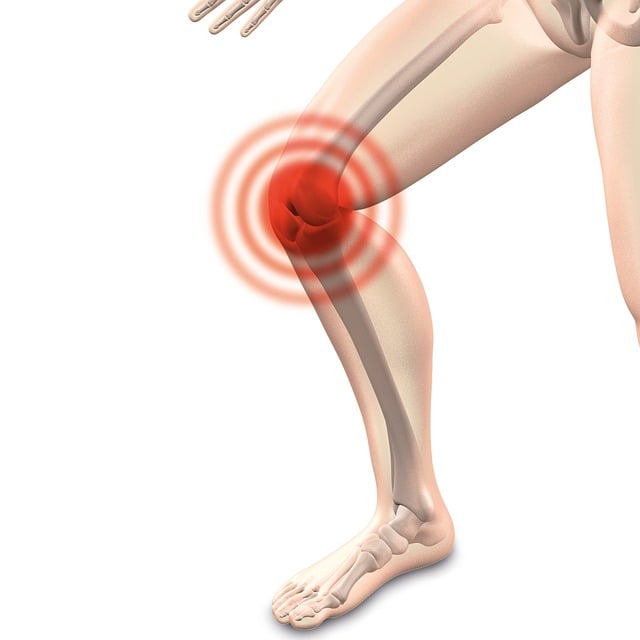Share This Article:

Study Suggests Digital Tools Improve Pain Related Disability In Total Knee Replacement Patients
28 Sep, 2023 F.J. Thomas

Sarasota, FL (WorkersCompensation.com) – With an increase in life expectancy, as well a surge in the age of workers over the age of 65, the numbers of patients with Osteoarthritis (OA) is rising as well.
Some studies have shown that OA is a leading cause of disability, with an increase of 9.3 percent in 2017. While conservative treatment for OA of the knee is usually the first route for severe knee pain, there are many cases where those treatments fail and a total knee replacement (TKR) is crucial for maintaining quality of life and function.
Reviews of TKR have been varied however, as some studies have indicated a dissatisfaction rate of 1 in 10 at the 2-year mark, with physical function remaining the same as it was during the preoperative time period in some cases. Yet other studies have suggested that younger age, higher activity, and technology involvement such as a wearable tracker, may be associated with higher levels of satisfaction and better outcomes.
According to a new study by researchers from the University of Sydney, in New South Wales, Australia the use of technology could improve pain disability associated with knee replacement in OA patients.
For 12 months, researchers tracked the progress of 102 TKR patients who underwent usual care. The researchers assessed knee pain, along with secondary outcomes of function, activity participation, and quality of life.
A total of 51 patients received a technology package to use for the study that included an exercise app, a fitness tracker, and online coaching. The tracker used was a Fitbit Inspire, with instructions to wear the device for 24 hours a day, only removing it for charging or bathing. The device measured step count, active hours, and sleep. The exercise protocol focused on strengthening and range of motion, and goals were developed through their coaching sessions. The group was closely monitored through frequent coaching discussions, and motivated through texts as well.
In the usual care control group, the 51 patients received a fitness tracker, however the notifications were turned off, and the goals for step count, sleep, and active hours were removed from the app.
The researchers found that pain disability was reduced, and health-related quality of life was improved in the device tracking group in comparison to the usual care group without updates. Researchers saw an improvement in pain intensity at 3 months post TKR. Additionally they noted an improvement for 12 months in health related quality of life, pain related disability, as well sedentary behavior.
While they concede that that the study was limited and small in scale, they did point out that age, as well as understanding of the technology used are a definite factor to improvements. The researchers pointed out that face-to-face training can help foster confidence in utilization of the technology, and that collaboration between patients and providers is critical. Overall, they believe the results of the study suggest that technical interventions can help with pain and better overall outcomes for TKR patients, and that future studies should consider patient’s abilities and preferences to ensure appropriateness and long-term self-management.
Read Also
About The Author
About The Author
-
F.J. Thomas
F.J. Thomas has worked in healthcare business for more than fifteen years in Tennessee. Her experience as a contract appeals analyst has given her an intimate grasp of the inner workings of both the provider and insurance world. Knowing first hand that the industry is constantly changing, she strives to find resources and information you can use.
More by This Author
Read More
- Jul 17, 2025
- Chris Parker
- Mar 26, 2025
- Liz Carey
- Jan 30, 2025
- Liz Carey
- Aug 12, 2024
- Frank Ferreri
- Aug 06, 2024
- Frank Ferreri




